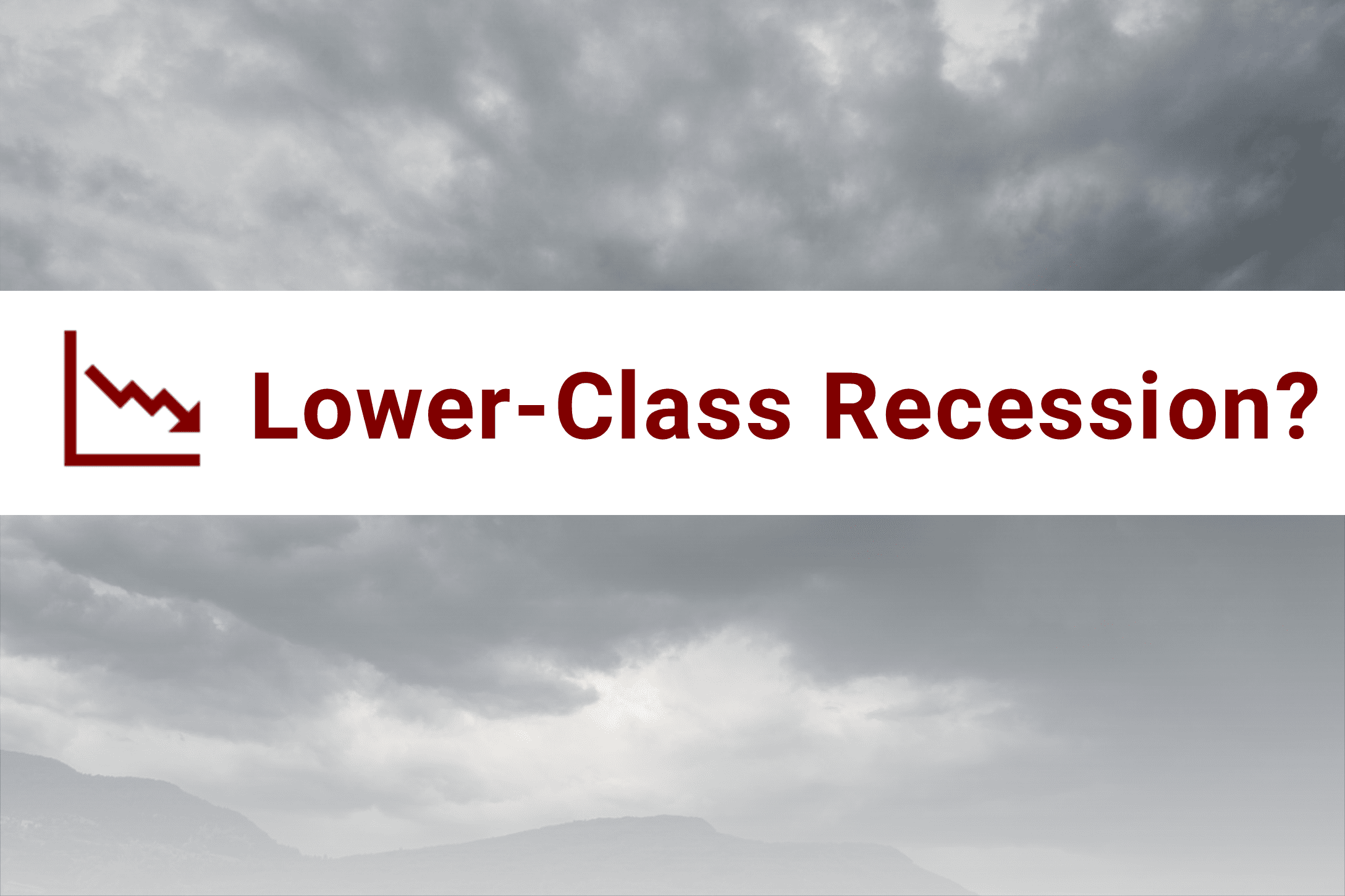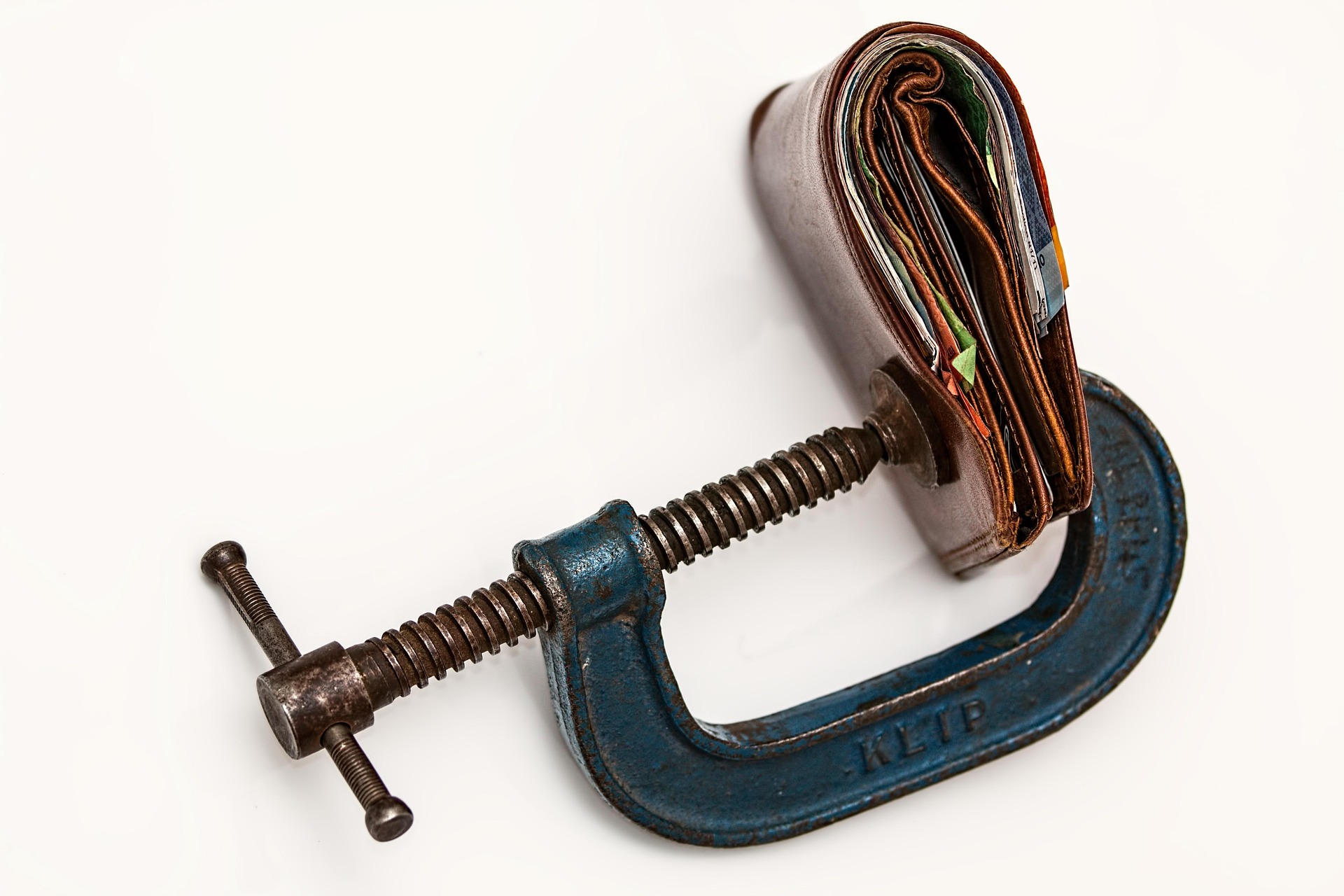I recently read two articles that pointed out how automobile and housing sales volumes are down, but the average sale prices are breaking records. These reports seem counterintuitive, seeing that government shutdowns across the country have caused severe economic stress and record-high unemployment. I imagine that I’m not the only one seeing these reports, so I am going to explore what is going on and how to put things in perspective.Making Sense of It All§ In the 2008 recession, the average American was strapped for cash, and as the tide went out, you could see who was skinny-dipping. Because so many people were borrowing beyond their ability to repay, it gridlocked the economy for everyone as banks froze and credit dried up. The industries that were most impacted by the gridlock were the banks who had overextended credit, the travel and automobile industries that relied on people’s disposable income, and the real estate industry, which was disrupted by vacancies, foreclosures, and a tightened credit market.§ Going into 2020, the savings rate was at an all-time high—this is the first significant difference between the 2008 recession and what is happening now. It is significant because it means that more people have funds to fall back on if something happens to their income.§ Starting in March 2020, masses of people were let go or furloughed as businesses responded to the government’s shutdown mandates—this led to record-high unemployment that nearly hit 16% almost overnight. Of the millions of workers that became unemployed, the majority of them were had lower educational attainment, were hourly workers, and were part-time—this is the American working class.§ With a disruption of employment, the working class no longer qualified for financing to buy housing or automobiles—this created a decline in the sales volumes of low-cost housing and automobiles.§ Meanwhile, white-collar workers have been predominantly unaffected by this economic downturn and already had substantial savings, so their spending has continued without much interruption. By removing the bottom quintile from the auto and real estate markets, the average sales price has increased.§ The bottom line is that unless you live in a working-class neighborhood, you are not likely going to see much of the current economic turmoil first hand, but it is still there nonetheless. And, an indicator of the working-class recession is higher average sale prices and lower sales volumes.What To Expect§ The word on the street is that, if the government-mandated shutdowns of businesses continue for several more months, then many white-collar workers are likely going to join the masses of unemployed workers. If this happens, you will start seeing a broader and more visible decline in the economy.§ Historically, when white-collar workers are affected by economic downturns, the total volume and average sale price of real estate and automobiles both decline. Assuming that more white-collar workers become unemployed, I believe you will start seeing a lot more investment opportunities open up as asset valuations decline, and periodic volatility takes over the markets.§ One of the areas I believe will see significant investment opportunities is lower-cost housing due to the decreased demand from higher-wage earners and the working class.What To Do§ I believe that first and foremost, you should assess your finances to ascertain if you have enough liquid cash in reserves to maintain your lifestyle for 12 months or more. This emergency fund changes the way you can approach future economic downturns.§ If you have a sufficient emergency fund in place, I then recommend you update your personal investment plan where you write down the types of investments you feel comfortable with, your risk tolerances, and the maximum capital you are willing to invest in any given investment.§ After those things, I recommend that you look for opportunities to invest according to your personal investment plan.Resources§ If you find yourself afraid to invest because of future uncertainty, I recommend reading Thinking in Bets by Annie Duke—this will help you put investment decision-making into perspective.§ If you would like to have a better understanding of how the economy works, I recommend watching How The Economic Machine Works by Ray Dalio—this is probably one of my favorite visual tools to understand the economy.§ And, if you would like an outside, impartial, non-judgmental person to take a gander at your investment plan or your finances, I am also available for that.









